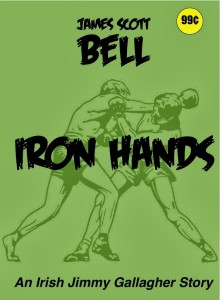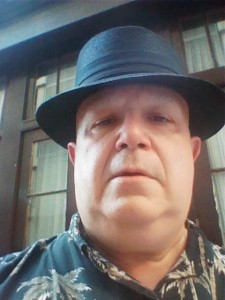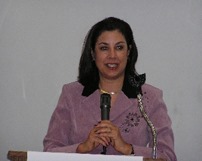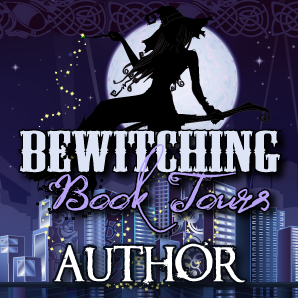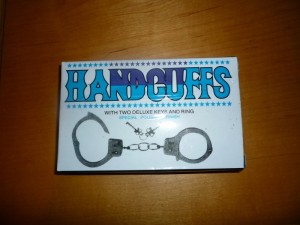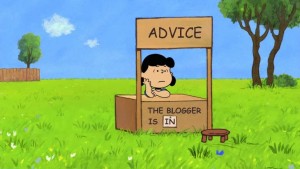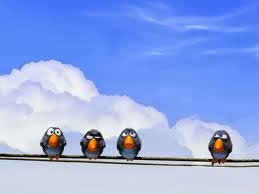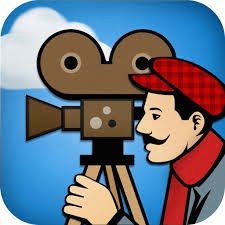It’s time. Sometimes you just know it. I’ve had a great twelve months being part of this Kill Zone crew of stellar writers, but I’ve decided to cede my spot to another blogger. I’ll still be following the fascinating blogs by my colleagues, so you won’t see the end of me around here.
Naturally, moving on like this has me thinking about endings in novels, particularly the ends of characters. Death is constant companion for us thriller writers. My wife is a doctor, so we often say that she saves people for a living, and I kill people for a living. In my stories I’ve slain many characters, and not just the bad guys.
In my book ROGUE WAVE, which is a disaster thriller, a key character dies at the end of the story. My editor strenuously argued for me to save the character, and we had an hour-long discussion about the ramifications of this death. In the end I convinced her that the character had to die, and I think the ending is more poignant for it. I’ve gotten many emails from readers who cried over the death. To me that was a compliment because it meant that the character had become real for them. Even if they hated that it happened, the readers almost unfailingly felt that the death fit within the story’s themes of love and selfless sacrifice.
I take great care in the decision of whether or not to kill off one of the good guys. I don’t think you can cavalierly flout the trust a reader has invested in you to deliver a satisfying story. On the other hand, to build suspense there has to be real jeopardy for the characters. If readers believe you’ll never kill off someone they’ve come to care for, where’s the tension in the story?
In my Tyler Locke series I do kill off someone who becomes a major character in one of the novels. It has a major impact on the other characters, even into subsequent installments of the series. Again, some readers didn’t like this death, but it also made them worry for all the other characters in future novels. If Boyd killed that person off, they might wonder, he’s just crazy enough to whack anyone. The tension level is automatically raised.
Obviously I didn’t kill Tyler Locke. He’s the star of the series. He can’t be killed off unless I’m doing away with the series altogether (Lee Child has proposed this very idea at several conferences when he has talked about someday ending the Jack Reacher series). For instance, no one even considers that James Bond is going to die at the end of the movie, so how can there possibly be any suspense?
If the writer might dispatch someone the main character loves or cares about, that concern is transferred to the reader. It conveys a personal stake in the outcome, which a reader will care about more than the end of the world as we know it. And if the reader knows you’ve done it before, an ending where all the good guys survive can be even sweeter, the relief more palpable.
A death of this kind can also make the story more believable. If every single good guy survives when bullets are spraying at him like they’re coming from a lawn sprinkler, while every single bad guy dies with a well-aimed headshot, the story becomes ridiculous. That kind of spectacular luck in a novel only emphasizes that you’re reading fiction. A key death, I think, confers some plausibility, even in an over-the-top action adventure. Movies have been doing this more commonly in the last few years. Think of The Dark Knight or Skyfall. Both of them were praised for a grittier, more realistic treatment of comic book and Bondian adventures, and both featured tragic deaths that had severe consequences for the plot and main characters.
Where I think authors get into trouble is when they make the deaths meaningless. As a reader, if I’ve spent hours getting to know a character, it’s deeply unsatisfying for him to die for no reason. It just seems like a mean or thoughtless gesture by the author, as if it were done for no other reason than to provoke shock. Some readers may appreciate that it makes the story seem more like real life, but unless it’s incredibly well-done, I find it off-putting.
Like my decision to move on from The Kill Zone, how you handle the characters has to come from your gut. I don’t take the decision to kill one of the good guys lightly, but when the end feels right, I know it.
Even though I won’t be a regular contributor, I’ll still be hanging out in the comments section from time to time. Thanks to all my fellow KillZoners for giving me this opportunity and to all of you who taken the time to read and comment on my blogs. Take care.

